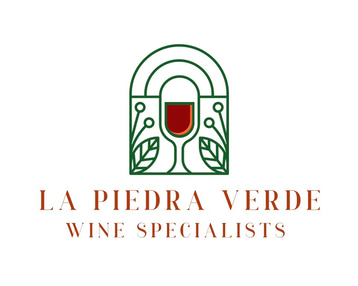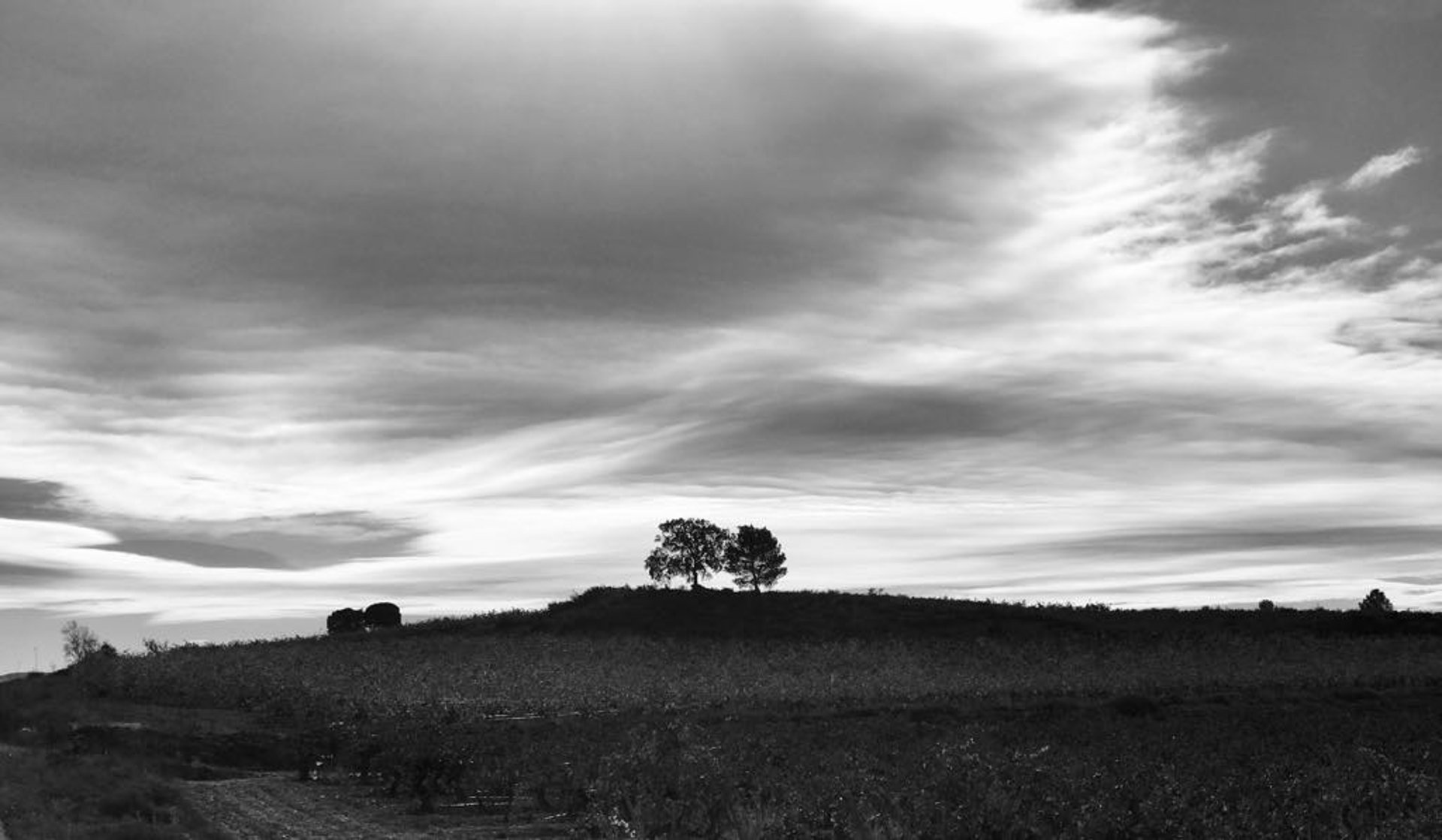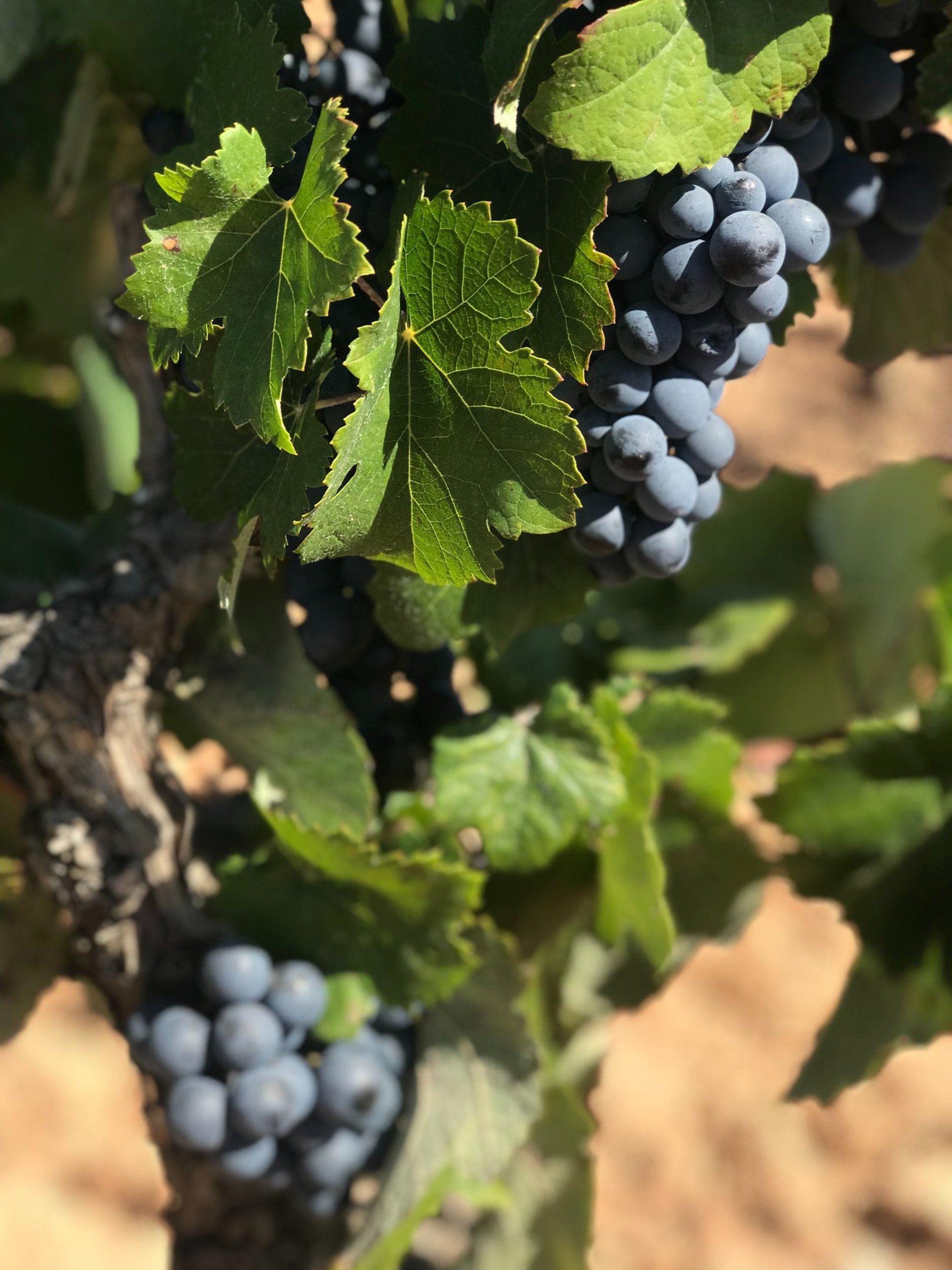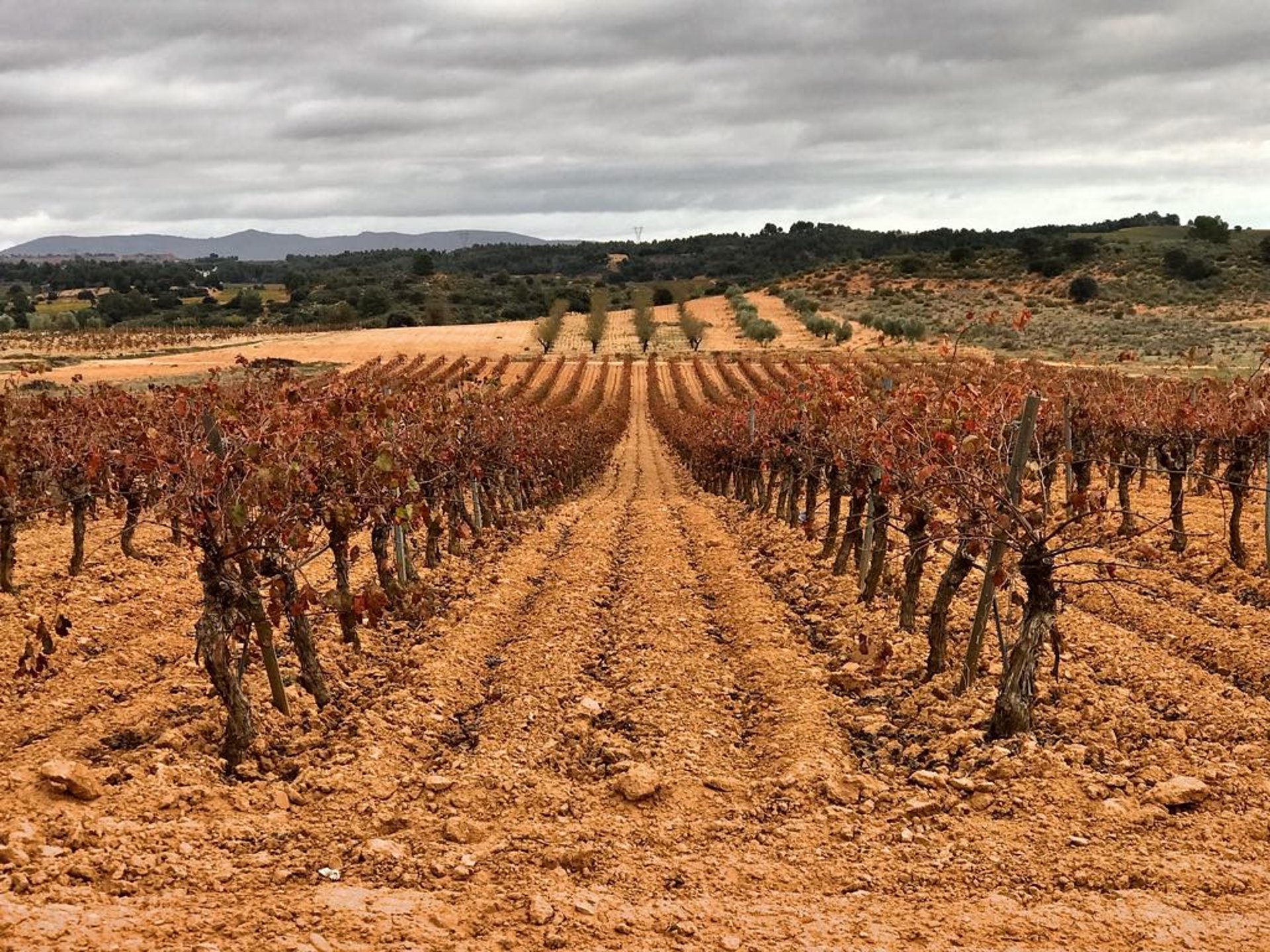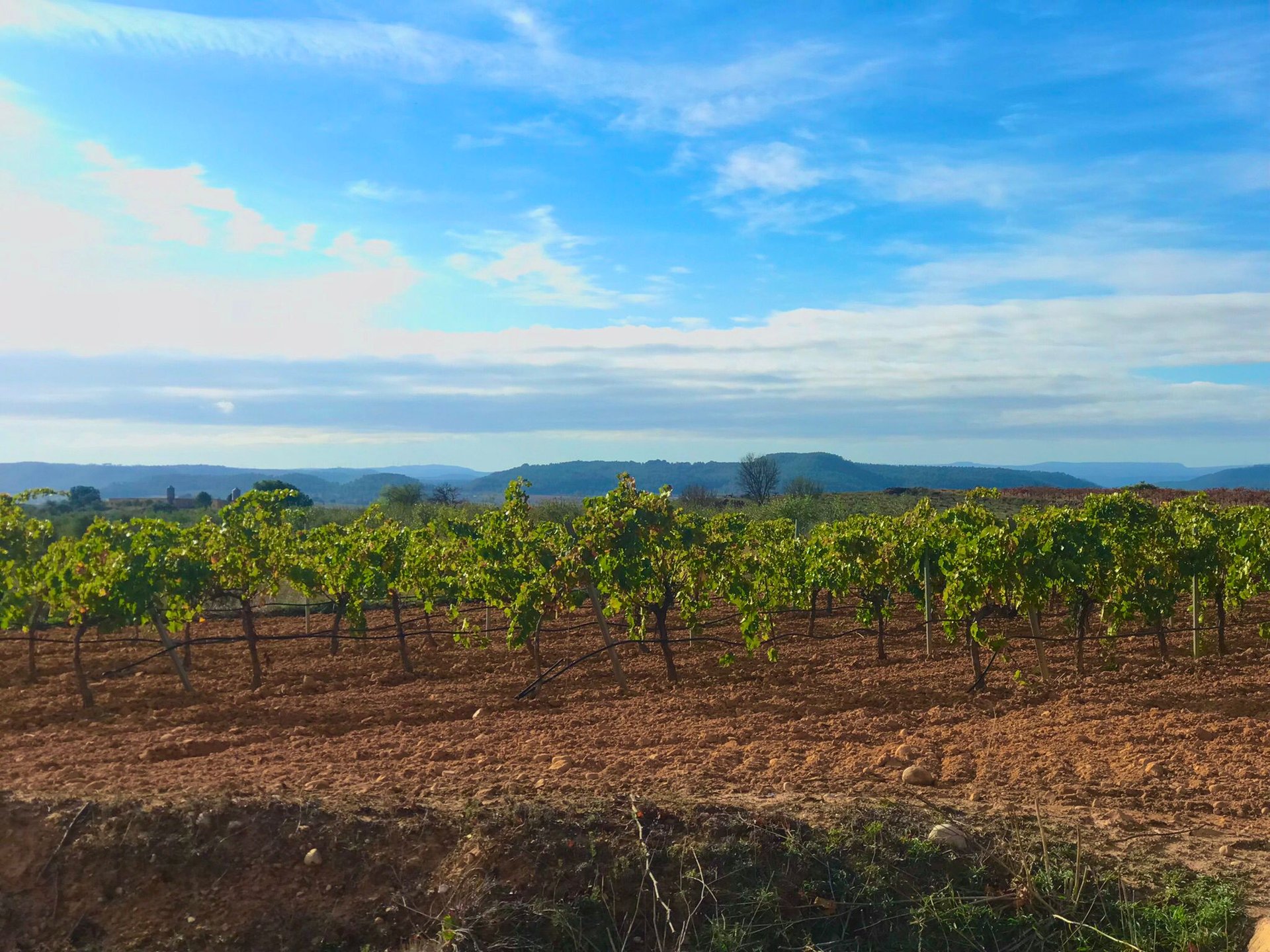The Utiel-Requena wine region, located in the heart of the Valencian Community in eastern Spain, is one of the most fascinating and historically rich winemaking areas in the country. Part of the larger Valencia DOP (Denominación de Origen Protegida), Utiel-Requena stands out not only for its size but also for its incredible depth of history and unique terroir. Spanning approximately 35,000 hectares of vineyards, Utiel-Requena is the largest of the three wine appellations in the region, and its wines reflect a legacy of winemaking that stretches back thousands of years
Utiel-Requena DOP
The Land and Climate of Utiel-Requena
The region’s name comes from its two largest cities, Utiel and Requena, and lies about 68 kilometers west of Valencia. Utiel-Requena enjoys a climate that blends both Mediterranean and continental influences, shaped by its location in the high plateau of La Mancha. This unique combination results in a wine region where the weather can be extreme, making it one of the most challenging environments for viticulture in Spain.
The summers in Utiel-Requena can be sweltering, with temperatures often soaring to over 40°C (104°F), while the winters can be harsh, dipping below freezing. This dramatic temperature fluctuation between summer and winter creates a wide diurnal temperature range, which is essential for producing wines with vibrant acidity and complex aromas. Despite the challenges, these extreme conditions also help produce wines of great character, as the vines struggle to thrive in such a severe climate.
Adding to the complexity, the region is prone to occasional frost, hailstones, and droughts, all of which have historically shaped the viticulture practices in the area. These harsh weather conditions require resilient grape varieties, and one of the most important of these is the iconic Bobal grape, which has long been the backbone of Utiel-Requena’s wine industry.
A Historical Legacy
Viticulture in Utiel-Requena dates back to the 7th century BC, with evidence suggesting that the ancient Iberians were cultivating vines in the area long before the Romans arrived. The Romans brought with them advanced winemaking techniques, elevating the region’s wine production to new heights. The influence of Roman winemaking is still evident today, as some of the traditional methods and local grape varieties have been preserved for centuries.
Wine production in the region reached its peak in the 19th century, particularly after the arrival of phylloxera devastated much of Europe’s vineyards. Remarkably, the Bobal grape, which thrives in Utiel-Requena’s tough climate, was able to survive the disease, ensuring that the region’s winemaking legacy would continue. The resilience of Bobal is a testament to the adaptability of both the grape and the region itself.
The Bobal Grape: Utiel-Requena’s Signature
Bobal is the true star of Utiel-Requena, and it is this grape that has become synonymous with the region. Known for its thick skin and resistance to disease, Bobal thrives in the hot, dry conditions of Utiel-Requena, producing wines that are deep in color, rich in flavor, and full of character. The earliest documented mention of Bobal dates back to the 15th century, and since then, it has become the backbone of the region’s wine production.
Bobal is a versatile grape that can be used to create a wide range of wines, from bold reds with dark fruit flavors and smooth tannins to refreshing rosés with bright acidity and vibrant berry notes. The high acidity and deep color of Bobal make it particularly well-suited for aging, and many producers in Utiel-Requena are exploring the potential of creating age-worthy wines that develop more complexity over time.
In addition to Bobal, other grape varieties like Tempranillo, Garnacha, and Cabernet Sauvignon are also cultivated in the region, often in blends that highlight the distinctive character of Utiel-Requena’s terroir. However, it is Bobal that remains the true heart and soul of the region’s winemaking tradition.
A Modern Wine Region
Today, Utiel-Requena is home to a wide array of wineries, from small, family-run estates to large-scale producers, all contributing to the growing reputation of the region’s wines. These wineries combine traditional winemaking practices with modern techniques, ensuring that Utiel-Requena’s wines continue to evolve and improve. The region is particularly known for its innovation in creating natural wines, with some producers focusing on minimal intervention and organic farming to produce wines that truly express the essence of the land.
While Bobal is the star of Utiel-Requena, other grape varieties such as Macabeo and Tardana (a local white variety) are also being increasingly recognized for their potential to create high-quality wines.
